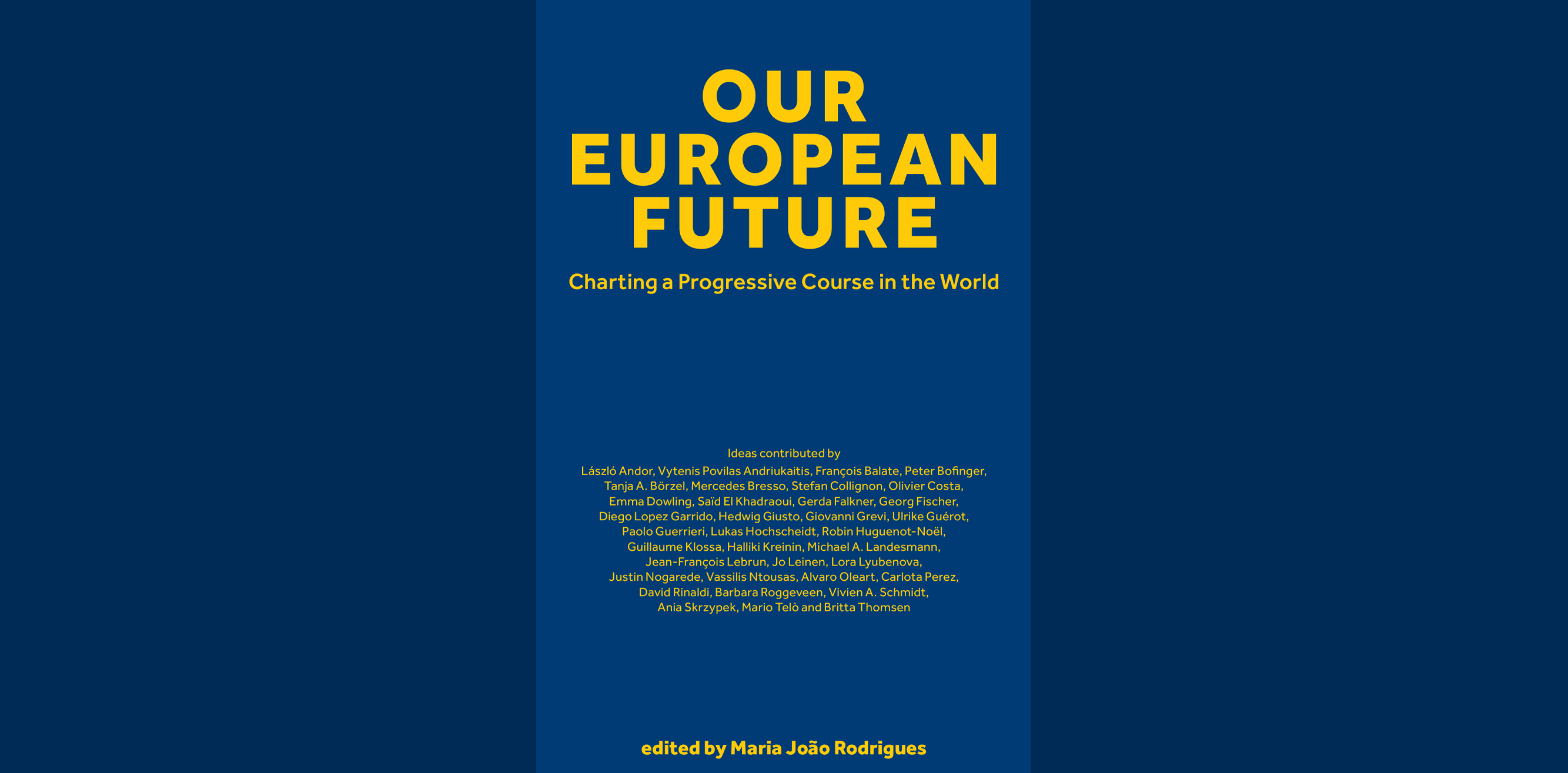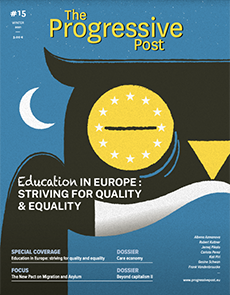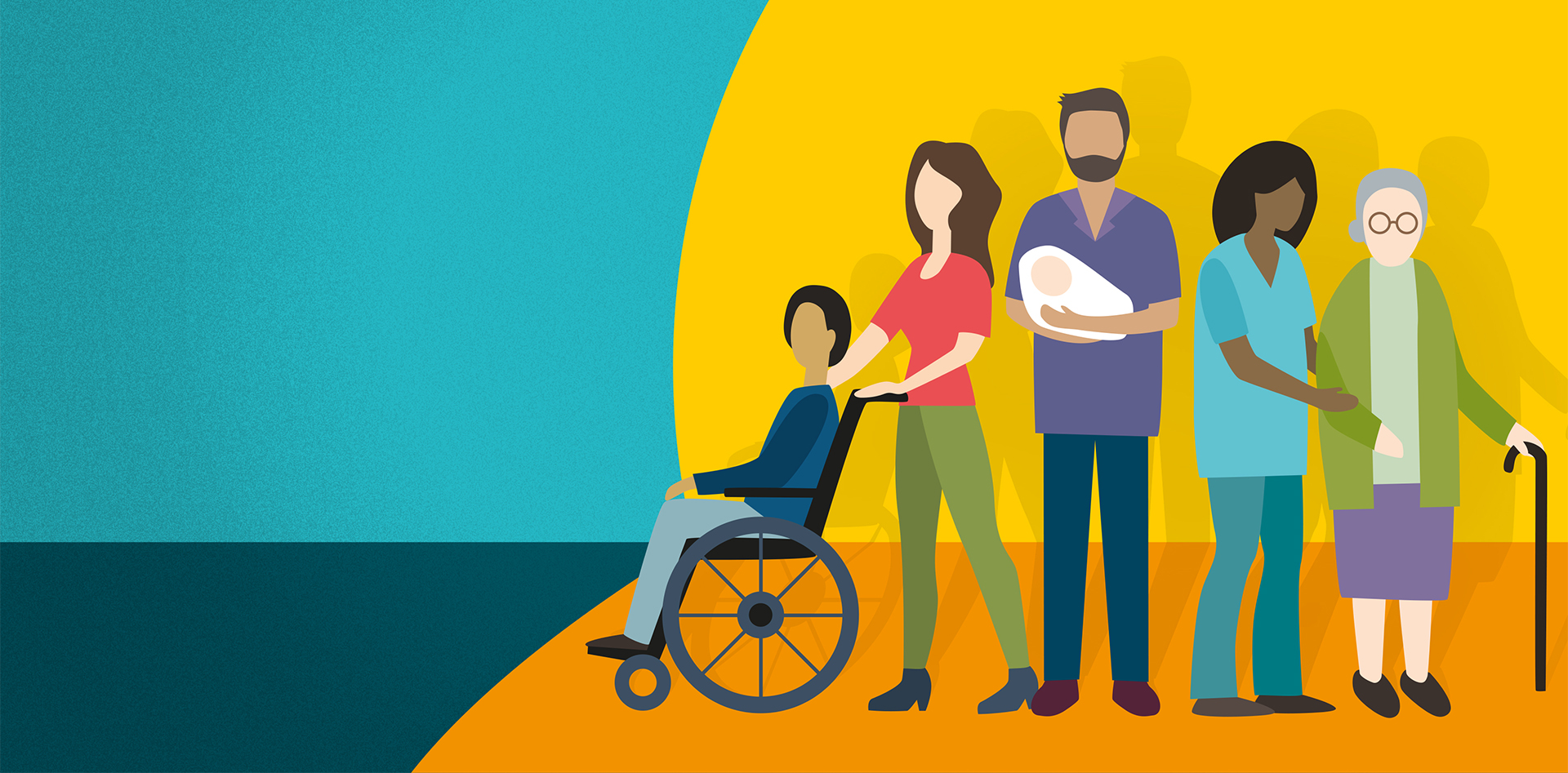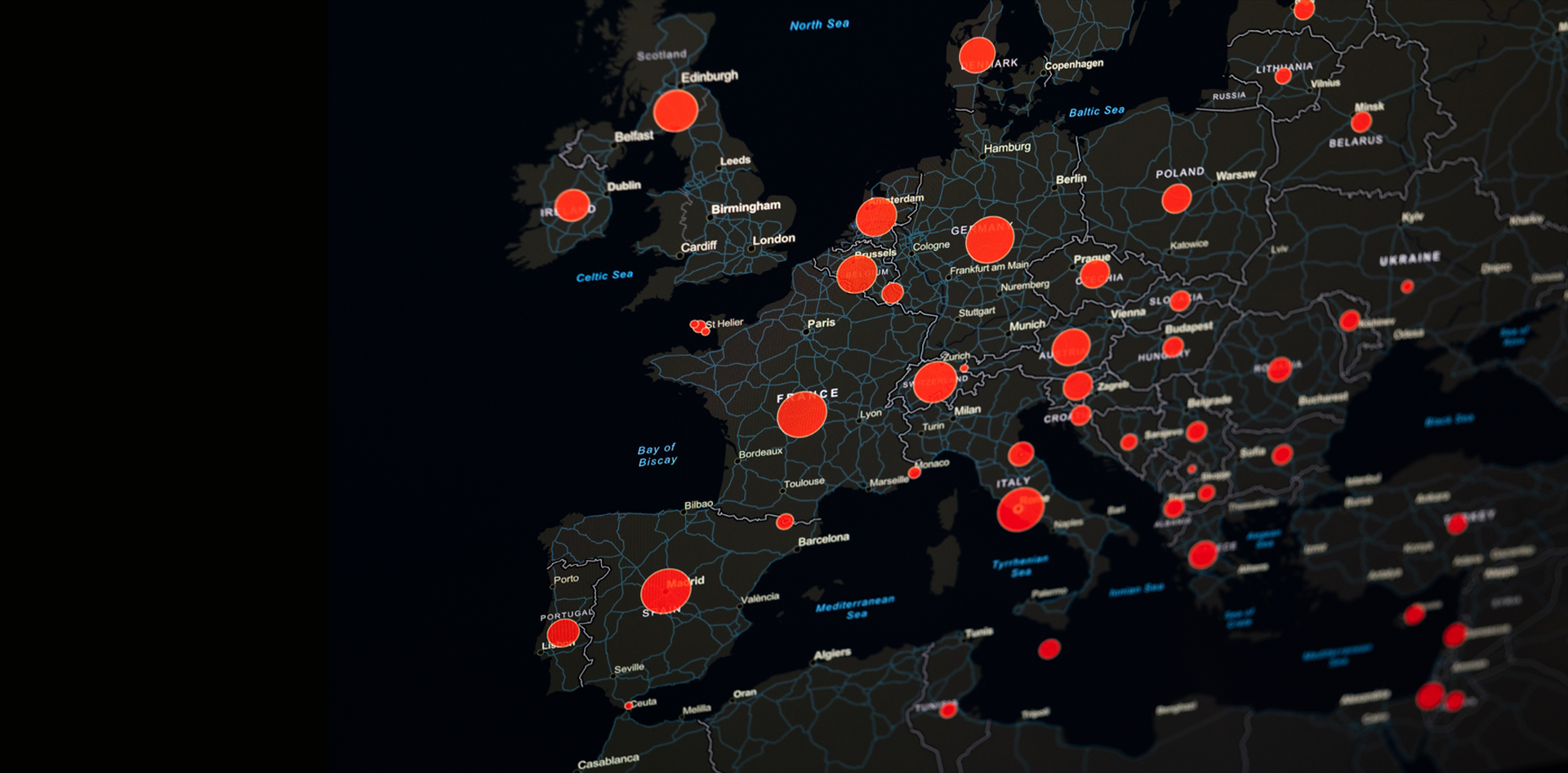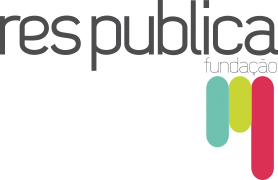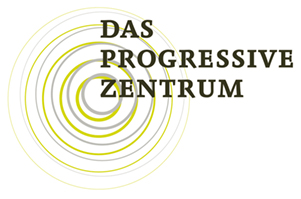publications
all publications-
Book: Our European Future
FEPS contribution to the Conference on the Future of Europe

The book 'Our European Future: Charting a Progressive Course in the World' is the first high-quality book making proposals to the Conference on the Future of Europe, authored by 36 top experts and intellectuals and edited by FEPS President Maria João Rodrigues, with the collaboration of François Balate.
It is high time to bring in a real debate of ideas. This book offers solutions to rethink our socioeconomic model in the glare of the environmental and digital transformations; to redefine Europe’s role in the world to contribute to renewed multilateralism; to strengthen investment in public goods; and finally, to re-invent our democratic contract.
It brings together the insights of renowned experts from across Europe, and it should prove a handy guide for any progressive thinker, policymaker or activist, and for any citizen who would like to take part in the necessary democratic debate about our future.
The world is facing many great challenges: from pandemics to climate change, and from increasing inequality to the issues surrounding digitalization. In a new and rapidly changing global landscape, Europe must look for solutions to these difficulties to follow up on its impressive decades-long process of integration. Europe has the capacity to chart a progressive course in the world.
Read Euractiv op-ed by Maria João Rodrigues 'A new phase for the European project'
read more -
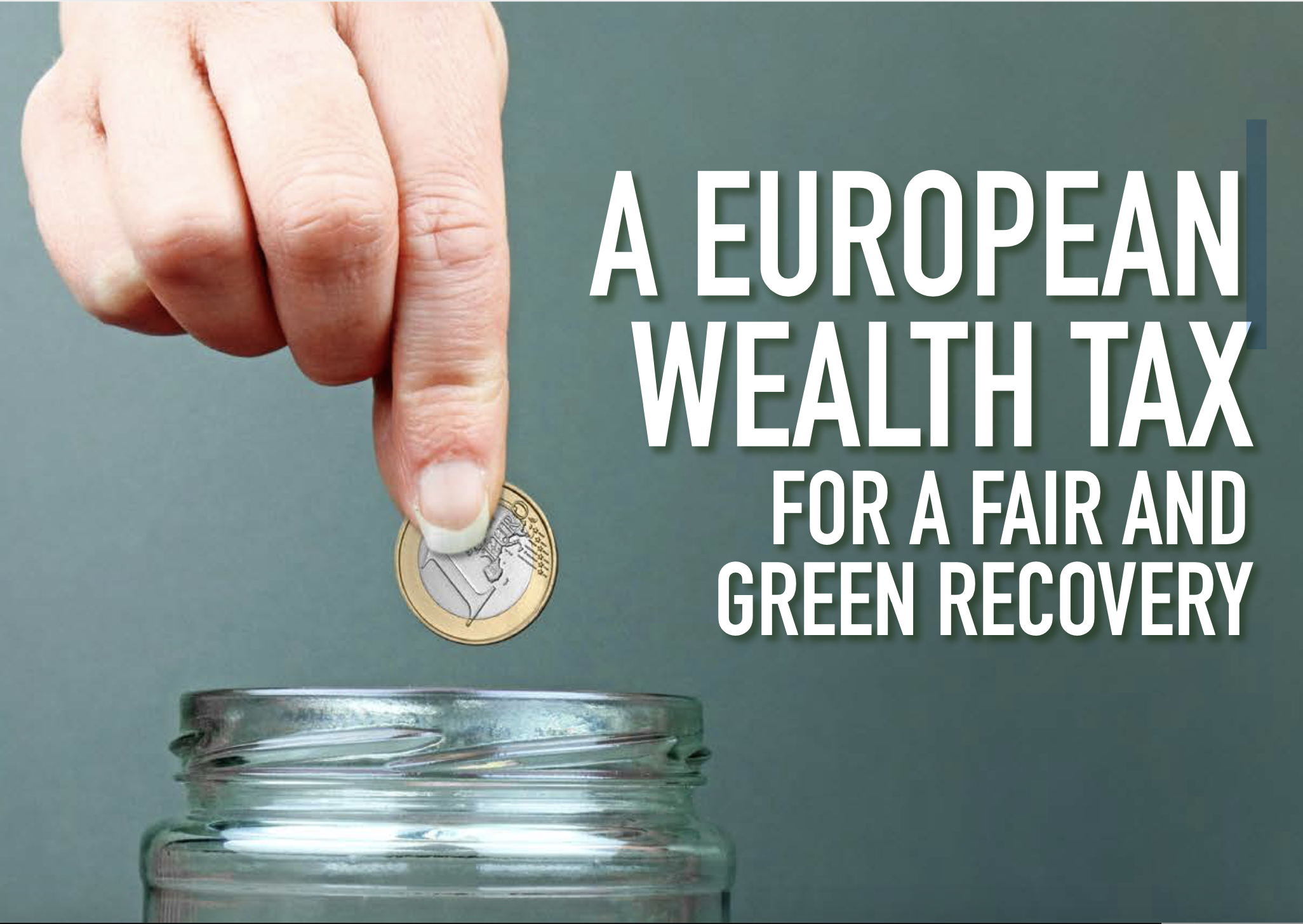
A European wealth tax for a fair and green recovery
read more -
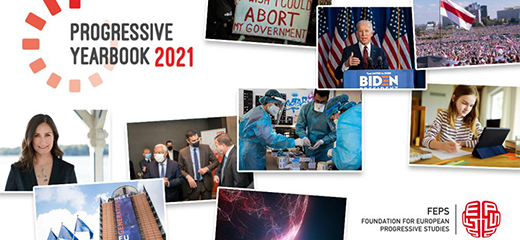
Progressive Yearbook 2021
read more
latest news
all news-

Commissioner Ferreira and Former HRVP Mogherini among the speakers that will join Call to Europe 10th edition
‘Recovering Europe: Mind the Social Gaps’ is the theme of the 10th edition of Call to Europe, the annual flagship conference organised by the Foundation for European Progressives Studies (FEPS) and its partners. The event will take place between Tuesday May 25 and Thursday May 27.
With this conference, FEPS and the progressive political family intend to contribute to the debate around the action needed for an inclusive and sustainable recovery, one that overcomes the worrisome trend of growing inequalities.
read more -

Notice of vacancy: FEPS is recruiting a Policy Analyst on Climate and Environment
read more -

Joint Progressive Call for the right to housing
read more
FEPS
initiatives
call to europe
Since its first edition in 2011, Call to Europe has become the signature conference of FEPS and a reference point for the progressive family in Europe. This is due to its capacity of bringing together a unique multi-stakeholder community of progressive politicians, civil society and media to discuss issues of common concern and develop concrete and positive responses to contemporary European challenges in the most interactive and inclusive way.
read moreUnited for
FEPS UNited for… conferences, have been held since 2018 in New York ahead of the United Nations General Assembly. The main objective of this yearly initiative is to discuss, with international high level policymakers, experts and academics, the most important international issues at stake. The 2020 edition will explore how to achieve a new, fair and inclusive multilateralism. Previous editions have focused on migration and climate justice.
In 2019, FEPS was honoured to be granted Special Consultative Status to the United Nations Economic and Social Council (ECOSOC), the highest status granted by the UN to non-governmental organisations, thus allowing it to participate in the work of the UN.
Care4Care
It took a pandemic to realise that we depend on care. Despite the clapping, women 70% of the care workforce, continue to work in precarious conditions, unpaid or not paid at all! It's time to#Care4Care
FEPS together with its member foundations, has been intensively working since November 2019 to monitor the EU gender equality policy agenda through a progressive lens focusing particularly on its care dimensions.
read moreChild Union
Even before the pandemic, 23 million children in the EU were at risk of poverty and social exclusion. The pandemic has further exacerbated children inequality and it is now time for the European Union to act. On the occasion of the World Children’s Day more than 300 prominent figures from the world of politics, academia and civil society joined a Call to demand a rapid entry into force of the European Child Guarantee and a > Next Generation EU funding that truly works for Europe’s next generations.
Find out more about the Project ‘Towards a Child Union’ launched by FEPS and its member foundations.
Gender Based Violence
FEPS and the Fondation Jean Jaurès have joined forces to publish a series of publications to shed light on specific dimensions of gender-based violence.
1 in 3 women have suffered physical or sexual violence at least once in their lifetime (according to UN Women and WHO). Gender-based violence is both the cause and result of gender inequality. This scourge has been severely exacerbated due to the COVID-19 pandemic leading to a dangerous surge of a longstanding and deeply rooted problem.

